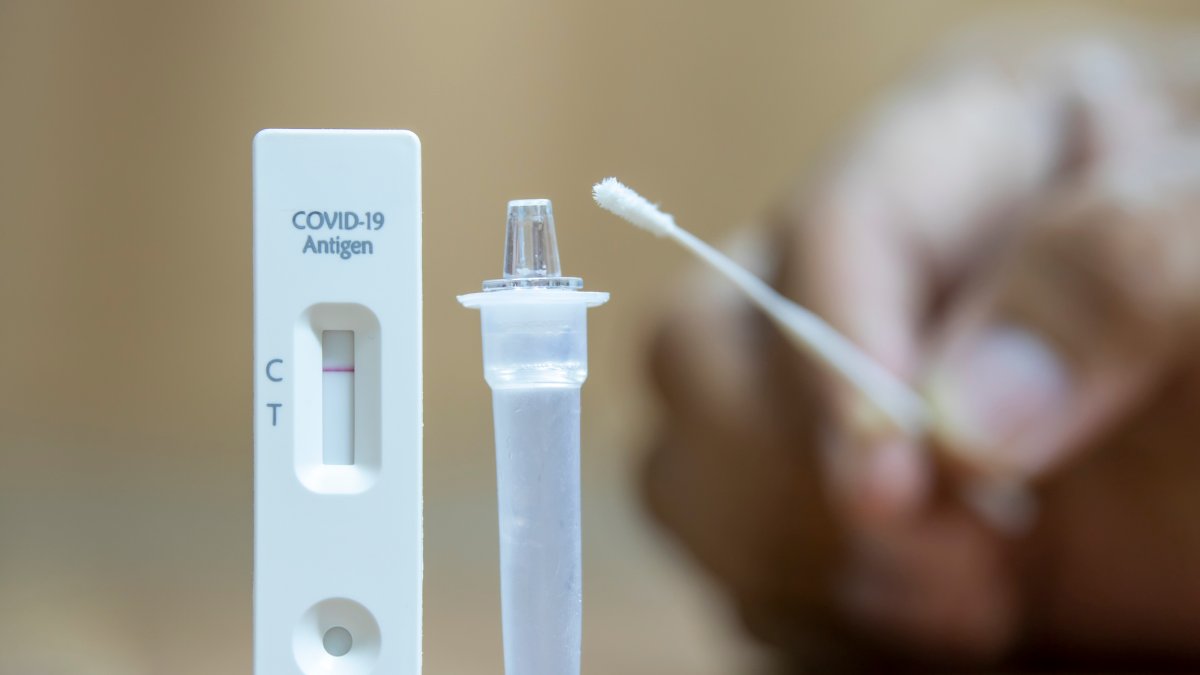Lauren Nicolle
News, 12 April 2021
New research published in The Journal of Steroid Biochemistry and Molecular Biology has found that low fat diets decrease men’s testosterone levels by 10-15%.
Low testosterone levels are linked to a higher risk of heart disease, diabetes, and Alzheimer’s disease; while healthy levels of the hormone are key for men’s athletic performance, mental health, and sexual health.
For these reasons, optimal testosterone levels are critical to men’s health and well-being.
The researchers from the University of Worcester hope that the data will be useful for treatment of low testosterone, as rates of hypogonadism (medically low testosterone) have been on the rise since the 1970s.
Testosterone levels decreased by 10-15% for those on a low-fat diet
The study was a systematic review and meta-analysis, which combined together the results of 6 well-controlled studies with a total of 206 participants. These studies first put men on a high fat diet (40% fat), and then transferred them to a low-fat diet (20% fat), and found their testosterone levels decreased by 10-15% on average.
Vegetarian low-fat diets had a particularly harmful effect, causing decreases in testosterone levels up to 26%.
Similar studies have been conducted previously on humans and mice. The authors linked their results to these studies, highlighting the difference monounsaturated fats and polyunsaturated fats have on testosterone production.
These studies found that high intakes of monounsaturated fats found in olive oil, avocados, and nuts may boost testosterone production. However, omega 6 polyunsaturated fats predominantly found in vegetable oils, may damage the cells’ ability to produce testosterone. This is because highly unsaturated fats such as polyunsaturated fats are more prone to oxidation, which causes cell damage.











